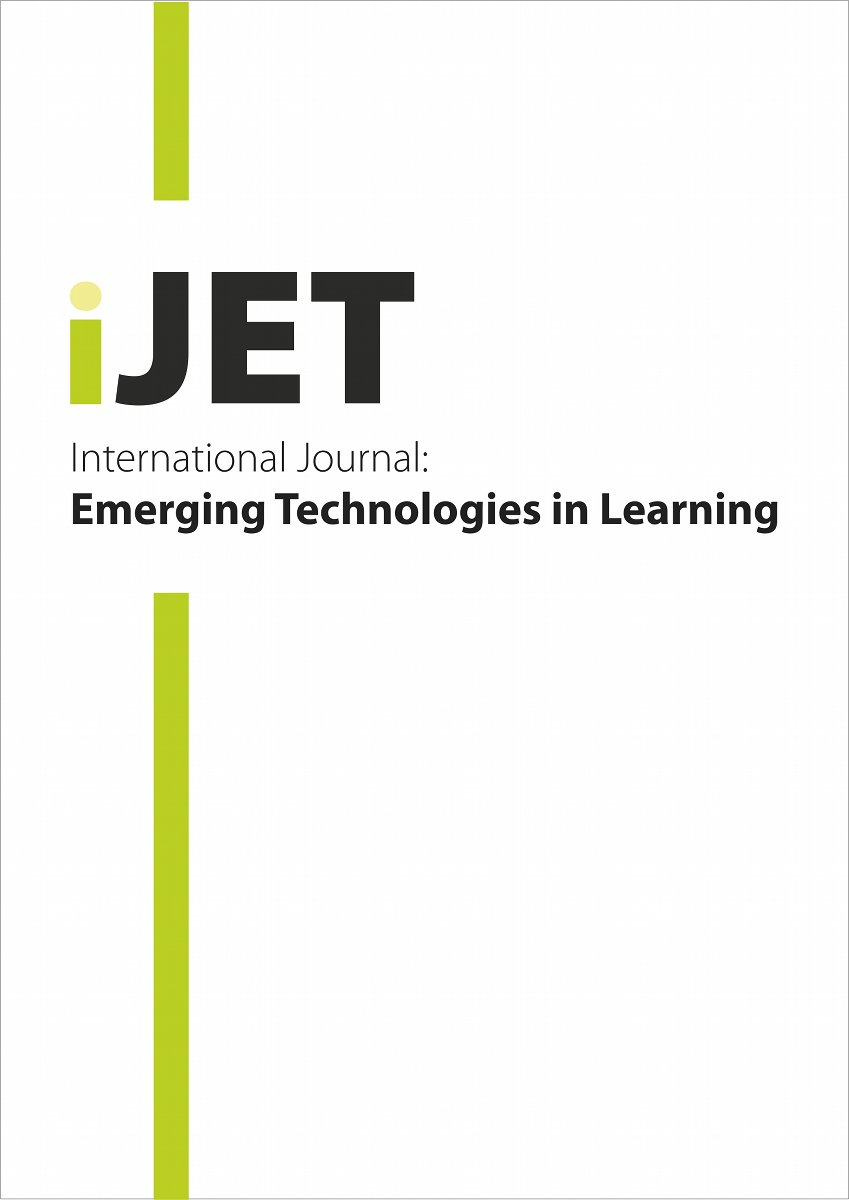
Covid-19: Why Virtual Learning Becomes A Pedagogical Acceptance Model in Africa
ARTICLE
Nubi James, Olufunke Vincent, Noah Akande, Ayodeji Makinde
iJET Volume 17, Number 1, ISSN 1863-0383 Publisher: International Journal of Emerging Technology in Learning, Kassel, Germany
Abstract
The outbreak of coronavirus pandemic has led to different regulations and changed the usual way of doing things. Considering the level of technology in Africa society before the outbreak of the epidemic many activities, including classroom teaching and learning were affected. This paper examines virtual learn-ing as an unavoidable pedagogical model for learning during the COVID-19 pandemic. A cross-sectional study was conducted by adopting the Technology Acceptance Model. Data were obtained from an online survey of 543 respondents and analyzed. Regression of Partial Least Squares (PLS) was used for modeling and hypothesis testing. The results revealed that perceived usefulness, perceived ease of use, regulatory compliance, and implementation context significantly affect educators' and learners' attitudes towards adopting virtual learning for learning. Subsequently, regulatory compliance had the most substantial influence on educators' and learners' attitudes towards adopting virtual learning for learning during the COVID-19 outbreak. This study established that the adoption of virtual learning has enhanced learning during the coronavirus pandemic lock-down, and the process would also continue after the pandemic. Virtual learning has provided the classroom experience for learners and educators.
Citation
James, N., Vincent, O., Akande, N. & Makinde, A. (2022). Covid-19: Why Virtual Learning Becomes A Pedagogical Acceptance Model in Africa. International Journal of Emerging Technologies in Learning (iJET), 17(1), 206-223. Kassel, Germany: International Journal of Emerging Technology in Learning. Retrieved August 7, 2024 from https://www.learntechlib.org/p/220575/.
